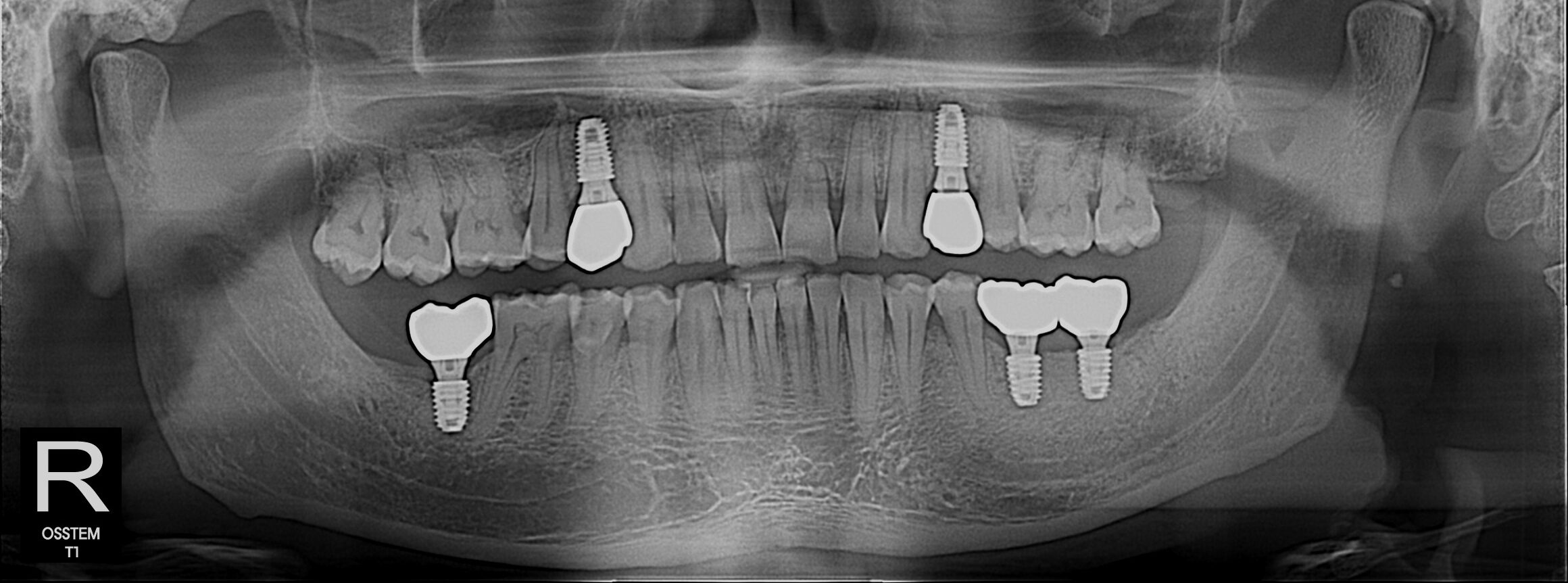Unnecessary root canal treatments (RCTs) can occur in dental practices worldwide, including in Bangladesh, due to factors like misdiagnosis, over-treatment, or financial incentives. However, there are limited specific statistics available solely on unnecessary root canal treatments in Bangladesh. In the United States, specific statistics on the percentage of unnecessary root canal treatments (RCTs) are difficult …

Unnecessary root canal treatments (RCTs) can occur in dental practices worldwide, including in Bangladesh, due to factors like misdiagnosis, over-treatment, or financial incentives. However, there are limited specific statistics available solely on unnecessary root canal treatments in Bangladesh. In the United States, specific statistics on the percentage of unnecessary root canal treatments (RCTs) are difficult to pin down because studies or reports focusing solely on unnecessary RCTs are limited. However, estimates and data from broader healthcare and dental industry trends provide some context:
General Over-treatment in Dentistry: Over-treatment in dentistry, including unnecessary RCTs, is a known issue. A study published in the Journal of the American Dental Association (JADA) in 2017 noted that up to 15-30% of dental treatments in certain contexts could be considered unnecessary. While this estimate covers a range of procedures, RCTs are included in this scope.The issue of over-treatment in dentistry is not unique to Bangladesh. Many low- and middle-income countries may face challenges with ensuring consistent standards of care across both public and private healthcare sectors.
Second Opinions Reduce RCTs: Studies have shown that seeking a second opinion on whether a root canal is necessary can lead to significant reductions in the number of RCTs performed. A 2015 study by Guardian Life Insurance found that in some cases, up to 50% of proposed root canal treatments were avoided when patients sought a second opinion, suggesting that many proposed RCTs may not have been medically necessary.
In Bangladesh private dental practices , financial incentives may contribute to over-treatment, including unnecessary RCTs. Because RCTs are one of the more expensive dental procedures, this can influence treatment recommendations in some cases. Based on trends observed in various reports and healthcare studies, the percentage of unnecessary dental treatments (including RCTs) could range from 20-40% in developing countries, particularly in private practices where profit-driven motives may lead to over-treatment. In context to the Bangladesh this could be more.
Role of patient to avoid unnecessary RCTs:
Ask for 2nd Opinion:
Before proceeding with a root canal, it’s advisable to get a second opinion from another dentist, particularly if you’re unsure or the diagnosis seems unclear. Different dentists may have varying approaches, and a second opinion can confirm whether the treatment is truly necessary..Ask for Detailed Explanations
- Patients should ask their dentist to explain the reasoning behind recommending a root canal. Request to see x-rays or other diagnostic images, and have the dentist walk you through the diagnosis step-by-step. Understanding the health of the tooth and the rationale for the treatment helps ensure it is necessary.
- Questions to ask:
- Why is the root canal needed?
- Are there alternatives to save the tooth?
- What are the risks if I don’t proceed with the root canal?
Know the Signs of Legitimate Need for Root Canal Treatment
- Persistent pain, prolonged tooth sensitivity, a deep cavity reaching the tooth pulp, or abscess formation are all indicators that a root canal may be necessary.
- If these symptoms are absent, and the dentist is still recommending a root canal, patients should ask more questions or seek a second opinion.
Conclusion:
Patients can avoid unnecessary root canal treatments by being proactive in their dental care. Seeking second opinions, asking for detailed explanations, understanding alternative treatments, practicing good oral hygiene, and keeping up with regular dental check-ups are all critical steps. Educating yourself and communicating clearly with your dentist can significantly reduce the risk of undergoing unnecessary procedures.







